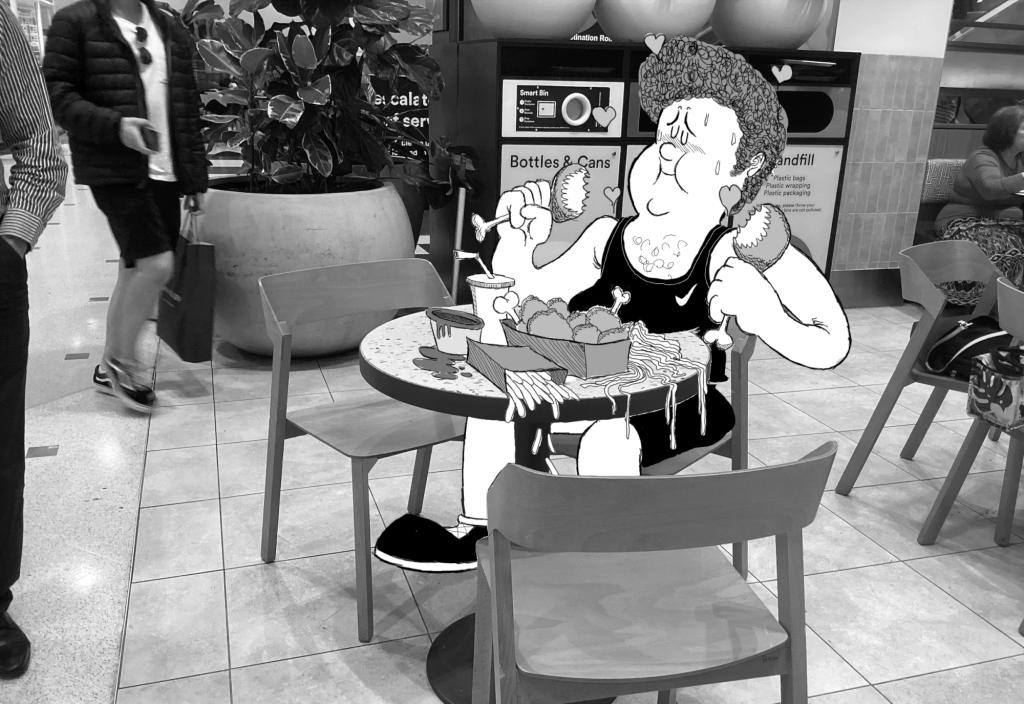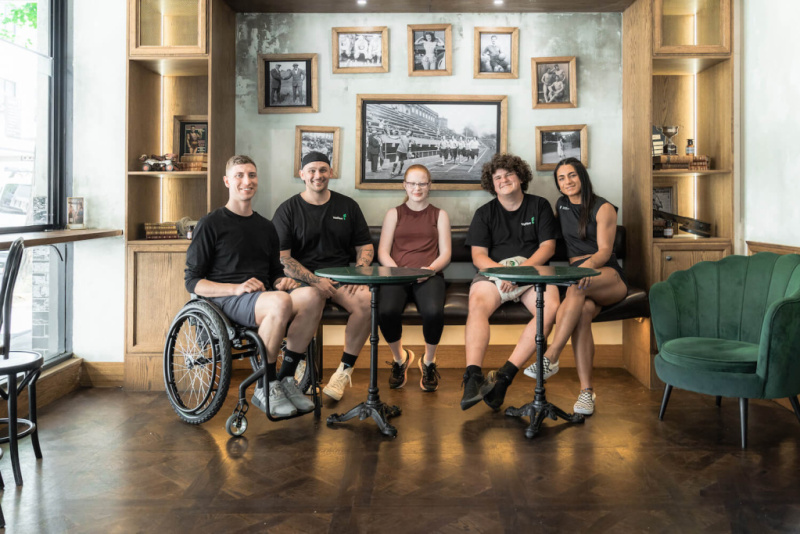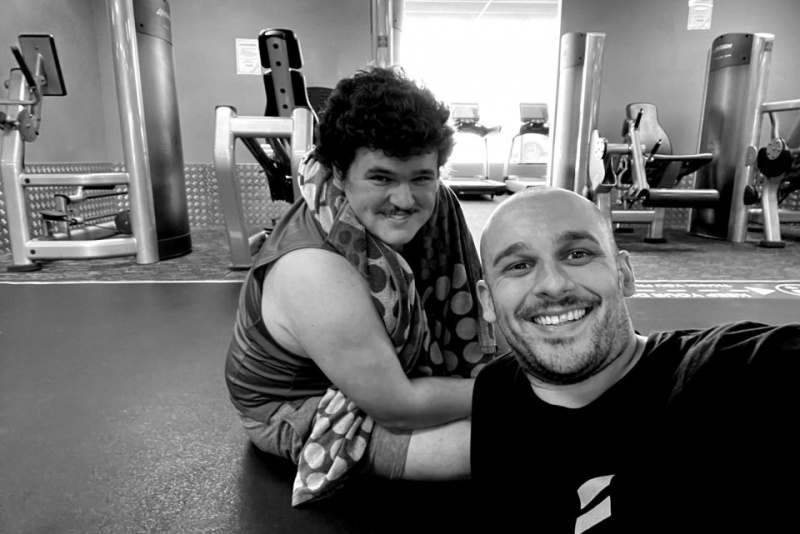The results are in and my fellow carers… we need to talk…it’s time to be just a little bit selfish, for everyone’s benefit!
Carers Australia, the peak body for Carers in this country (amazing org look them up) released last year the findings in their latest piece of research Caring For Others And Yourself: 2022 Carer Wellbeing Survey where they surveyed close to 6,000 Australian carers about their health and wellbeing. Some of the surprising but not that surprising outcomes were:
- Carers where more than twice as likely (55.2%) to report a low wellbeing compared to the average Australian adult (25.4%)
- Carers were 2.8 times less likely to have good/excellent health (17.1%) compared to other Australians (47.9%)
- The age cohort of carers that have the most declining wellbeing is actually those aged 35-44 who mostly cared for their children with disabilities whilst also having to care for other children, work or manage a single income household all while the cost of living increases
- As for psychological distress those at highest risk of high levels of psychological distress were; carers aged 25-34 (71.0%), unemployed carers (63.1%), carers who identify as LGBTQIA+ (60.3%) and carers aged 35-44 (60.3%)
Although there were some improvements amongst young and older carers – it is a sobering reminder of the impact a caring role can have on a human.

Most of the carers I know (and I include myself) would be uncomfortable even acknowledging this impact. I love the people I care for deeply and would choose to do it again and again. And this heroic – slightly martyrish – outlook on the role and responsibilities of a carer are somewhat to blame for these poor health and wellbeing outcomes.
Time to think about you first (controversial…I know)
So, here’s a question for you: if you began taking better care of yourself tomorrow – getting a full nights sleep, good diet and regular exercise would that make you a better or worse carer? If you were slightly healthier would that have a positive or negative impact in the household?
And no, I’m not suggesting that we all have time to make fresh nutritious food for every meal, or that we all have an extra few hours a day to go exercising. But you’re not much use to anybody if you burn yourself out. Then YOU will NEED a carer. And the cycle continues. So this isn’t a rallying cry for selfishness but rather one for getting closer to self-centred. So where to begin?
- Sleep. Sleep isn’t a part of the mix of good health, it’s the bedrock of it. When you don’t sleep well, your food choices aren’t typically stellar the next day – nor are you bounding with energy to go for a walk or exercise. If you can find an extra 15 or 30 minutes each side of going to bed and waking up – take it. Put down the phone before you get into bed. Consistency in bedtime is even better. Get sleep right and the rest will follow.
- Activity. Even 30 minutes a day can have a huge impact on your wellbeing. It doesn’t need to be arduous either. Go for a walk, follow along to a YouTube dance class in the living room, something. Anything. Even breaking up that 30 minutes into 3 x 10 minute sessions achieves the same affect. More than anything, we are training our consistency and ability to set aside some time, to defend that time from demands of others and to then show up to the workout.
- Diet. As a major stress eater (sweet biscuits and cinnamon donuts) this one has always been difficult for me. A simple strategy that has worked wonders for me is to have tasty and healthy snacks around the house. Fruit and nuts are my new go-to. But also when we eat can have an impact as well, eating a lot before bed can actually impair your sleep – as can alcohol. If you close up shop in your belly 90 minutes before bed you should find better night’s sleep ahead of you.

Next steps (literally)…
It’s really easy to forget to look after yourself when caring for others. It’s even easier to feel bad about that and guilty, and then do nothing about it. A few times in my life I’ve had intense caring roles that took a major toll on me – but the idea of caring for anyone more than my loved one was almost unapproachable for me.
More than anything we need to start tackling this mindset of blind and complete sacrifice for others. Because it’ll just make us more unwell and isolated, which will make us worse carers as well as obviously unhappy. Find the little things you can do for yourself and make it a priority. Communicate those needs and slowly but surely carve out enough space for your own wellbeing and walk your way slowly back to (self) centre.
You deserve it.
Together, WeFlex



